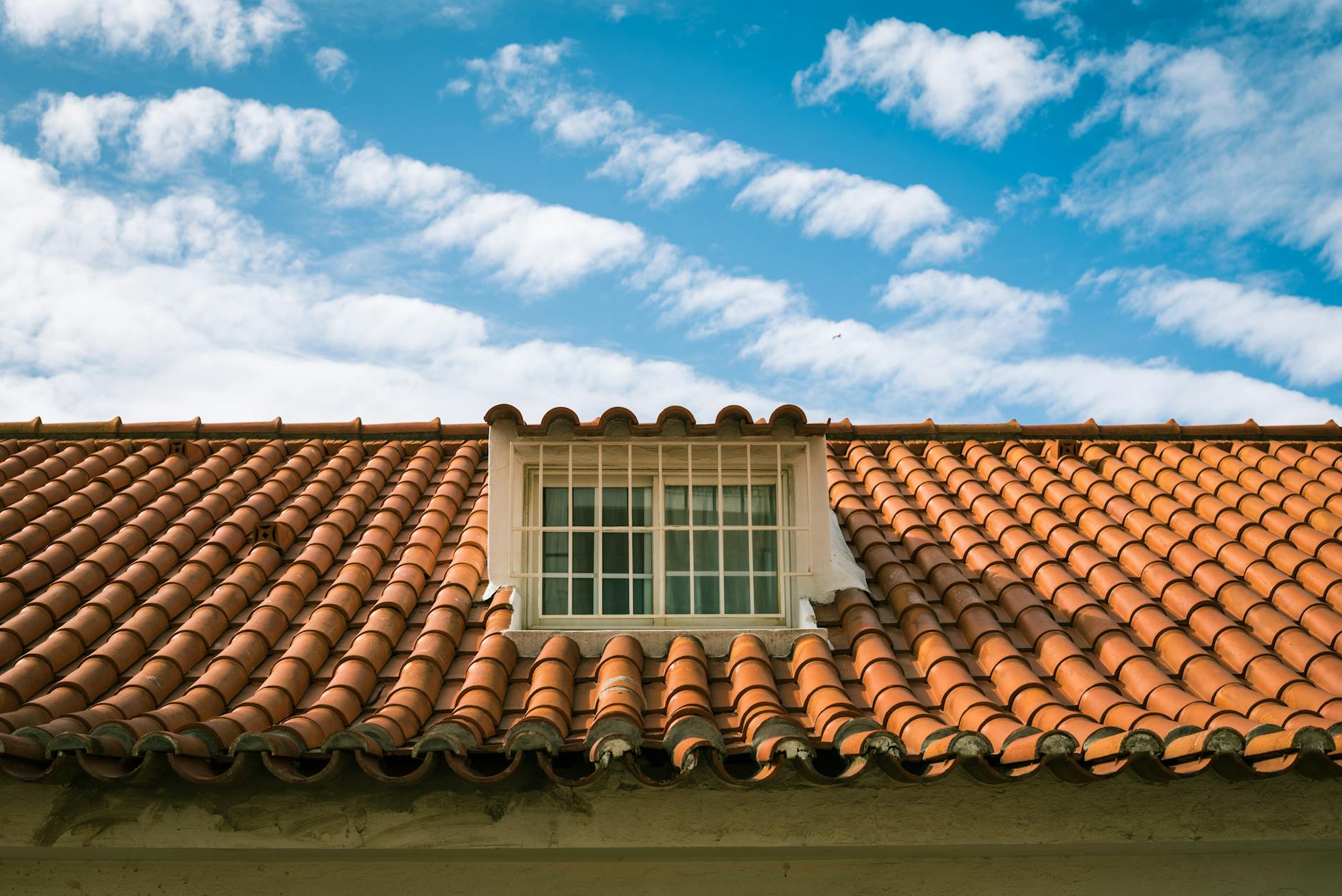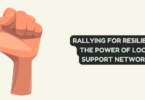
Waterproofing
As a Denver homeowner, protecting your most valuable asset should be a top priority.
Water damage can quickly lead to expensive repairs, mold growth, destroyed belongings, and an unlivable space if left unchecked. Considering water mitigation Denver may seem unnecessary when all appears well. However, it is a small price to pay for peace of mind and prevention of catastrophic loss.
This article will walk you through the what, why, and how of properly sealing and shielding your home from moisture. You will learn the most vulnerable areas to target, methods and materials. We’ll also explain the costs and returns on investment, as well as when to enlist a professional.
Equip yourself with the knowledge you need to maintain a dry, healthy dwelling and avoid the headaches of water leaks down the road.
Why Waterproofing Your Home Is Crucial
Waterproofing your home is a critical investment that pays dividends through enhanced durability, reduced maintenance costs, and improved resale value. As a homeowner, safeguarding your most valuable asset against one of the most common and destructive forces-water.
Consider these key reasons why waterproofing merits priority status on your home improvement agenda:
Prevent Damage from Leaks and Seepage:
Unchecked moisture permeating foundations, basements, roofs, and other vulnerable areas leads to structural issues like cracked slabs, mold growth, warped siding, and rotting joists over time. Waterproofing establishes a reliable moisture barrier.
Extend the Lifespan of Your Home:
By keeping water at bay and minimizing moisture-related deterioration, a properly waterproofed house enjoys an extended lifespan free of major repairs. This preserves the integrity of the dwelling for decades to come.
Reduce Energy Costs: Preventing water ingress curtails heat loss, drafts, and excessive humidity that compel heating and cooling systems to work harder. With a watertight envelope, your home remains efficiently insulated.
Boost Resale Potential:
Homebuyers gravitate toward turnkey properties free of glaring issues. A seller-furnished waterproofing certification indicates due diligence and care, making your house more attractive at resale. This directly correlates to higher offers and faster sales.
In short, adequate waterproofing translates to an optimally functioning, better maintained, more energy-efficient, and highly marketable home for years to come. The return on investment and peace of mind merit making it a top priority.
Evaluate your waterproofing needs today!
Common Areas That Need Waterproofing
Water can penetrate your home’s exterior in many places, potentially causing extensive damage if left unchecked. Carefully inspecting key areas and waterproofing them is one of the smartest protective measures you can take.
Focus on these common vulnerable spots:
– The Foundation
Cracks or gaps in your home’s foundation provide an easy entry point for water. Seal any cracks with waterproof concrete sealant. For extra protection, install a French drain system around the perimeter to divert groundwater away from the foundation.
– Windows and Doors
Leaky seals around windows, doors, and skylights allow rain and moisture inside. Re-caulk frames annually before wet weather sets in. Replace any worn door sweeps or thresholds. Consider installing storm doors as an added barrier.
– The Roof
Your roof takes the brunt of precipitation and is subject to leaks over time. Inspect for damaged shingles, flashing, gutters or vents annually. Repair or replace them right away to prevent leaks. Re-coat aging asphalt shingle roofs to renew weatherproofing.
– Plumbing and Utilities
Outdoor faucets, A/C unit lines, electrical conduits, and vents provide access for water to trickle down into your walls or ceilings. Caulk around fixtures, wrap insulation on pipes and conduits, and install protective coverings over A/C units. Taking time to properly waterproof these key areas first will give you valuable peace of mind that your most important investment is protected from nature’s elements. Reach out to waterproofing professionals if you have any concerns or need help addressing problem spots.
Waterproofing Materials and Methods to Consider
When it comes to waterproofing your home, there are several effective materials and methods to consider. Choosing the right approach depends on your budget, the extent of water damage or risk of flooding, and whether you want to DIY or hire a contractor.
Sealants
Applying waterproof sealants is an affordable way to protect specific trouble spots like cracks in your foundation. Liquid sealants that can be brushed or rolled on include asphalt emulsion, silicone, polyurethane, and epoxy resin. These create a protective barrier against moisture infiltration. Be sure to prepare surfaces thoroughly first by cleaning and removing loose material.
Membranes and Sheeting
Installing waterproof membranes or sheeting creates a more extensive moisture barrier. Options range from peel-and-stick membranes to heavy-duty, molded plastic sheeting. These can be applied to basement walls and floors, behind tile, and under roof shingles. Hiring a professional is often best for these systems to ensure proper installation.
Injection Systems
For existing cracks and joints in concrete or masonry, injection systems fill the openings with waterproof materials. Specialized polymer or cement-based compounds are forced into cracks to seal them completely from the inside out. An experienced technician should perform injection waterproofing using specialized equipment.
Exterior Drainage
Improving exterior grading and drainage is key to directing rainwater and groundwater away from your home’s foundation. Methods include re-sloping the grade, extending downspouts, installing French drains and sump pumps, applying waterproof coatings to outside walls, and using moisture barriers under landscaping beds.
Taking a multifaceted approach combines several methods for the most effective and long-lasting water protection. Consult with waterproofing contractors to determine the best solutions for your home. Protecting against water damage helps avoid very costly repairs down the road.
Conclusion
As discussed, waterproofing your home is a necessary investment to prevent extensive water damage over time. By properly sealing entry points, installing gutters, using quality materials, and maintaining your waterproofing system, you can protect one of your most valuable assets. Though the upfront cost may give pause, compared to repairing structural issues from uncontrolled moisture it is minor.
Create a waterproofing plan catered to your home, and budget accordingly. With some diligence on the front end, your house can stand the test of time and weather any storm.
Schedule an inspection with professionals to identify vulnerable areas now!






